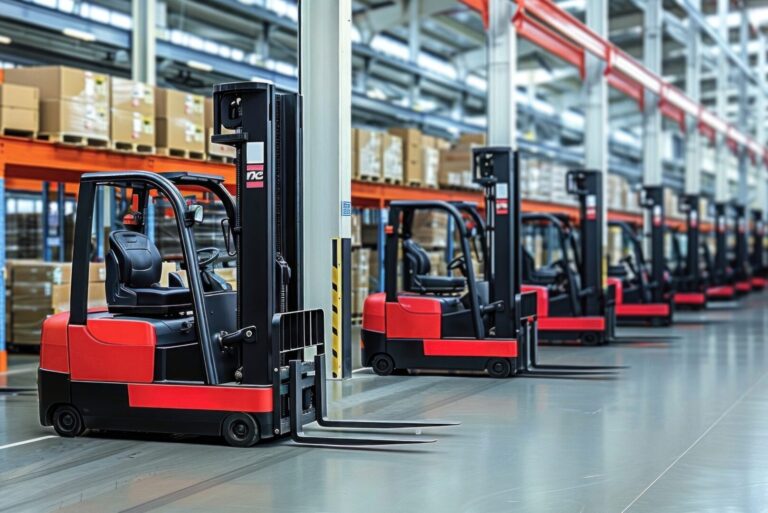One Year of Canada’s Clean Fuel Regulations: Impacts of the CFR
June 27, 2024
Canada’s Clean Fuel Regulations went into effect 1 July, 2023. In the past year, Canada has seen a significant improvement in charging infrastructure and financial incentives for owners of electric vehicles.
This article explores the impacts of the CFR in the past year, focusing on changes in fuel pool composition and financial benefits for fleet owners.
Impacts of the Clean Fuel Regulations
The Clean Fuel Regulations (CFR) are a set of market-based incentives that aim to reduce carbon emissions from the transportation sector. Through the CFR, producers of clean fuels (i.e. owners of electric charging stations) earn credits for their reduced emissions. The program incentivizes the widespread adoption of clean fuels and promotes a diversified fuel pool across Canada.
In the year since its implementation, Canada has made major strides towards diversifying the fuel pool and opening up financial opportunities for owners of electric vehicle (EV) charging stations.
Impacts on Canada’s Fuel Pool
In 2023, the CFR led to a noticeable shift in Canada’s fuel pool. EV usage has steadily been on the rise for several years, along with biodiesel and ethanol. However, the CFR pushed the usage of electricity as a fuel to over 1% of the fuel pool for the first time in 2023. The usage of EVs is projected to rise significantly in the coming years as a result of the CFR.
As the use of low-carbon and alternative fuels rises, Canada is paving the way for more charging and fueling stations across the country. The CFR have spurred investment in EV infrastructure, with Transport Canada working to deploy 33,500 EV charging stations across the country. This includes over 1,000 fast chargers along the national highway system. More chargers will support the growing number of long-distance electric trucks, the use of which has been limited by a lack of charging stations across freight corridors.
Learn more about how Canada is mandating the transition to electric trucks: Canada’s Emissions Reduction Plan: Planning for Zero-Emission Fleets by 2040

Benefits to Fleet Owners
One of the primary functions of Canada’s CFR is to incentivize the adoption of zero-emission fuels. The CFR allow owners of EV charging stations to earn credits for their offset carbon emissions. Credits can be sold to fuel producers who need to comply with the carbon intensity targets. This can help offset the upfront costs of EVs, and provide a steady revenue stream through the use of EVs.
Owners of EV charging stations can maximize their credit generation by partnering with Smart Charging Technologies (SCT). SCT allows you to sell your credits in bulk for the highest price, and will ensure that all eligible equipment is registered for credit generation. Learn more about optimizing your CFR credit generation with SCT: Canada's CFR Program.
Or, learn more about how the CFR works: Maximizing the Benefits of Canada's Clean Fuel Regulations for Your Electric Vehicle Charging Stations
Financial Incentives for Switching to Electric
The CFR have created multiple funding opportunities to make EVs more affordable. The Incentives for Electric Vehicles (iZEV) and Incentives for Medium- and Heavy-Duty Vehicles (iMHZEV) programs offer point-of-sale rebates on EVs. Individuals can receive up to $5,000 on new vehicles while commercial fleets can receive up to $200,000 per vehicle.
Learn more about how you can take advantage of financial incentives under the iZEV and iMHZEV programs: The Canada iZEV Program: Financial Incentives and Grant Opportunities for EV Fleet Owners
In the first year of the CFR, the program has set a positive trajectory for alternative fuels and financial incentives for fleet owners. For fleet owners, ongoing participation in the CFR will be crucial to maximizing benefits and taking advantage of the evolving CFR credit market. Contact SCT to learn more about how you can start earning CFR credits.
Related Posts









